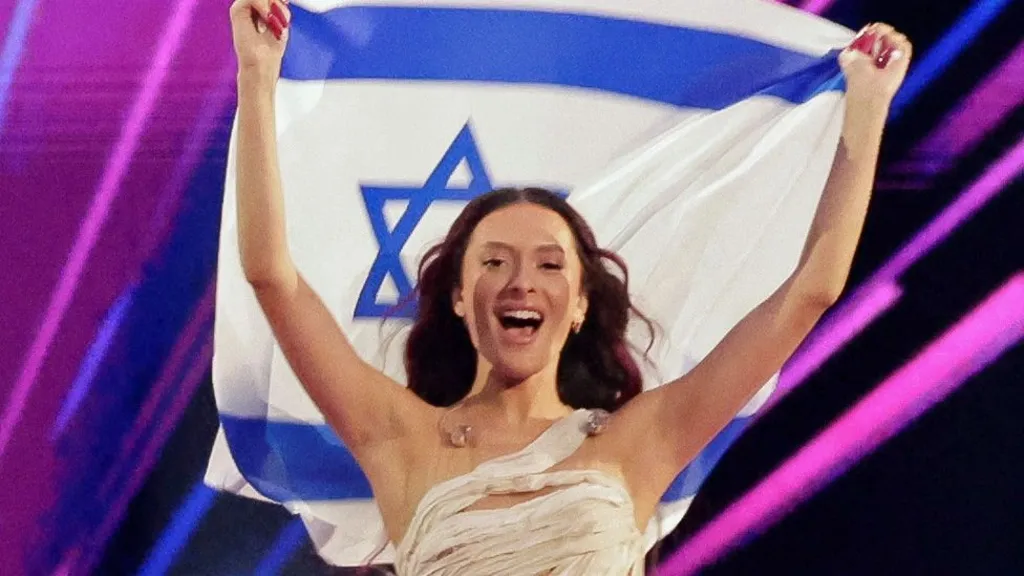
Israel's Eurovision team accuse rivals of 'hatred'
The Israeli delegation at last week's Eurovision Song Contest faced "an unprecedented display of hatred" from other countries and their entrants, the national broadcaster has claimed. This year's event was partly overshadowed by frayed tempers backstage plus protests over Israel's participation, due to the humanitarian cost of its war on Hamas. On Thursday, a spokesman for public broadcaster Kan issued a statement to BBC News, accusing the other countries of anti-Israeli behaviour. "This year, the Israeli delegation faced immense pressure and an unprecedented display of hatred, notably from other delegations and artists, publicly and collectively, solely because of the simple fact that we are Israelis and that we were there," it said. "However, throughout the journey, the delegation maintained a dignified and respectful approach towards artists and other delegations, striving to foster unity around music while adhering to the competition's rules, unlike some other delegations." After Saturday's contest, Eurovision organisers said some delegations "didn’t respect the spirit of the rules" at the event, without naming any countries. The Israeli delegation were criticised by contestants including Ireland's Bambie Thug, who had been outspoken about its involvement. Other participants, including the Dutch team, accused the Israeli delegation of filming them and posting clips online without their permission. Israel was represented at the event in Malmö, Sweden, by singer Eden Golan, who received a mixture of boos and cheers from the audience. She finished fifth.

